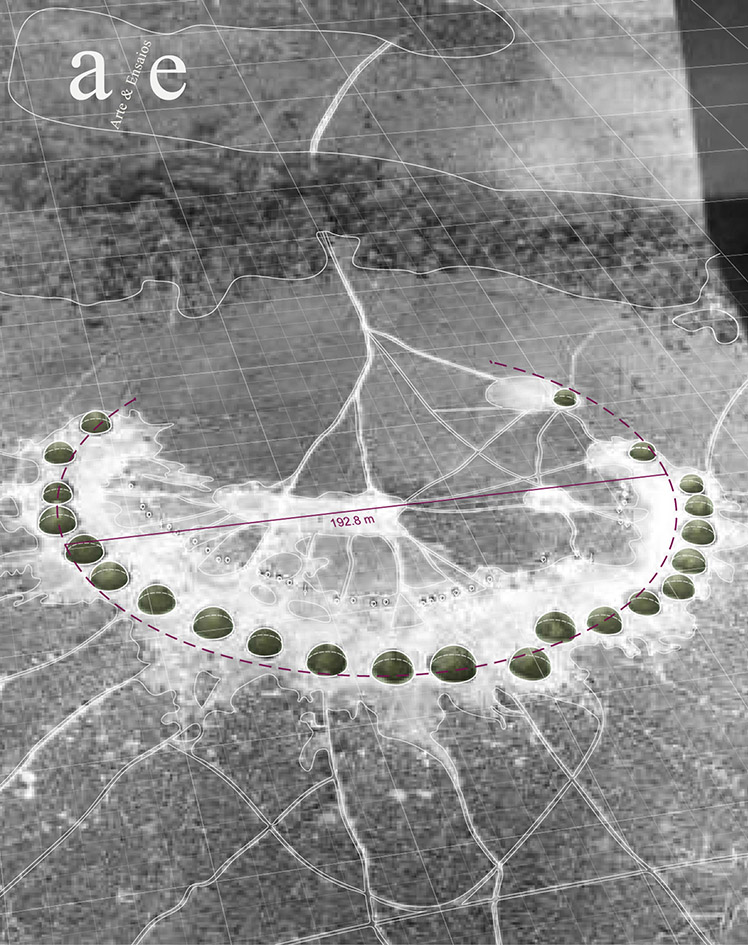Land experience in the Jatiwangi district: the JaF case at the 15th Kassel Documenta
DOI:
https://doi.org/10.60001/ae.n45.15Keywords:
Contemporary art, Local practice, Community, Soil, JatiwangiAbstract
The Jatiwangi art Factory (JaF) was formed in 2005 in Indonesia, in a small village that was once one of the country’s main clay-tile manufacturing centre. JaF is an artistic collective founded by residents interested in testing ways of combining contemporary art procedures with the local practices and imaginaries of the Jatiwangi district. In a community-based format, the collective has been experimenting with work to redeem the value of clay – as a representative element of the region’s cultural heritage. At the same time, after more than 17 years of activity, initiatives such as JaF – deep-rooted in a specific social context – are also challenged with how to formalize and materialize their experiences (given their distension in space and time), at the moment when they migrate to the exhibition space. Thus, taking as a starting point its participation in the 15th Documenta in Kassel (focusing on mapping local practices based on collaboration, interdisciplinarity and social networking), this study proposes contact with the trajectory and processes adopted by the JaF and, finally, evaluates the meaning of providing the institution with practices that seem to concentrate their essence in the territories where they originate.Downloads
Published
2023-09-03
Issue
Section
Artigos
License
Autores que publicam nesta revista concordam com os seguintes termos:- Autores mantém os direitos autorais e concedem à revista o direito de primeira publicação, com o trabalho simultaneamente licenciado sob a Licença Creative Commons Attribution que permite o compartilhamento do trabalho com reconhecimento da autoria e publicação inicial nesta revista.
- Autores têm autorização para assumir contratos adicionais separadamente, para distribuição não-exclusiva da versão do trabalho publicada nesta revista (ex.: publicar em repositório institucional ou como capítulo de livro), com reconhecimento de autoria e publicação inicial nesta revista.
- Autores têm permissão e são estimulados a publicar e distribuir seu trabalho online (ex.: em repositórios institucionais ou na sua página pessoal) a qualquer ponto antes ou durante o processo editorial, já que isso pode gerar alterações produtivas, bem como aumentar o impacto e a citação do trabalho publicado (Veja O Efeito do Acesso Livre).


